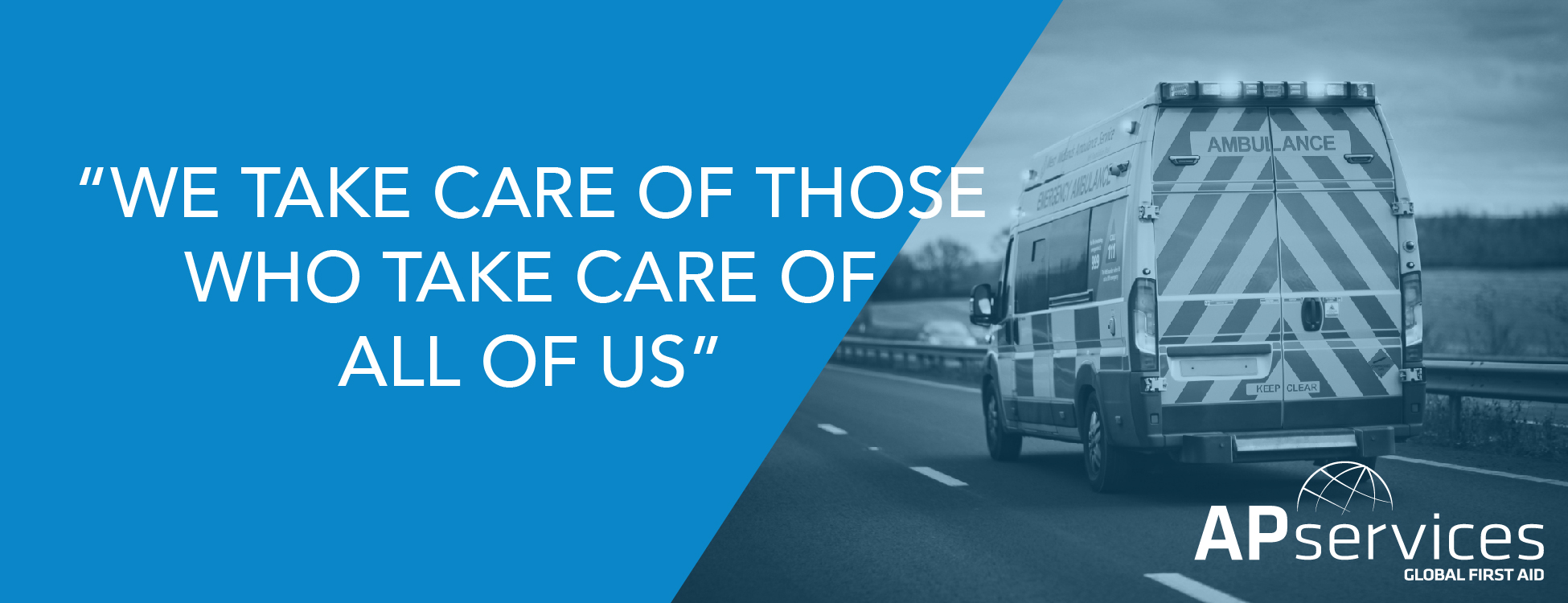We gather Nordic companies with a focus on UN tendering & doing business with UN agencies in Africa.
The aims of the cluster
- Identifying business opportunities and barriers.
- Discussing challenges and possible solutions.
- Knowledge sharing and exchange among members.
- Meeting & learning from UN representatives & experts.
- Forging new collaborations between suppliers.
- Organising UN delegations to Africa.
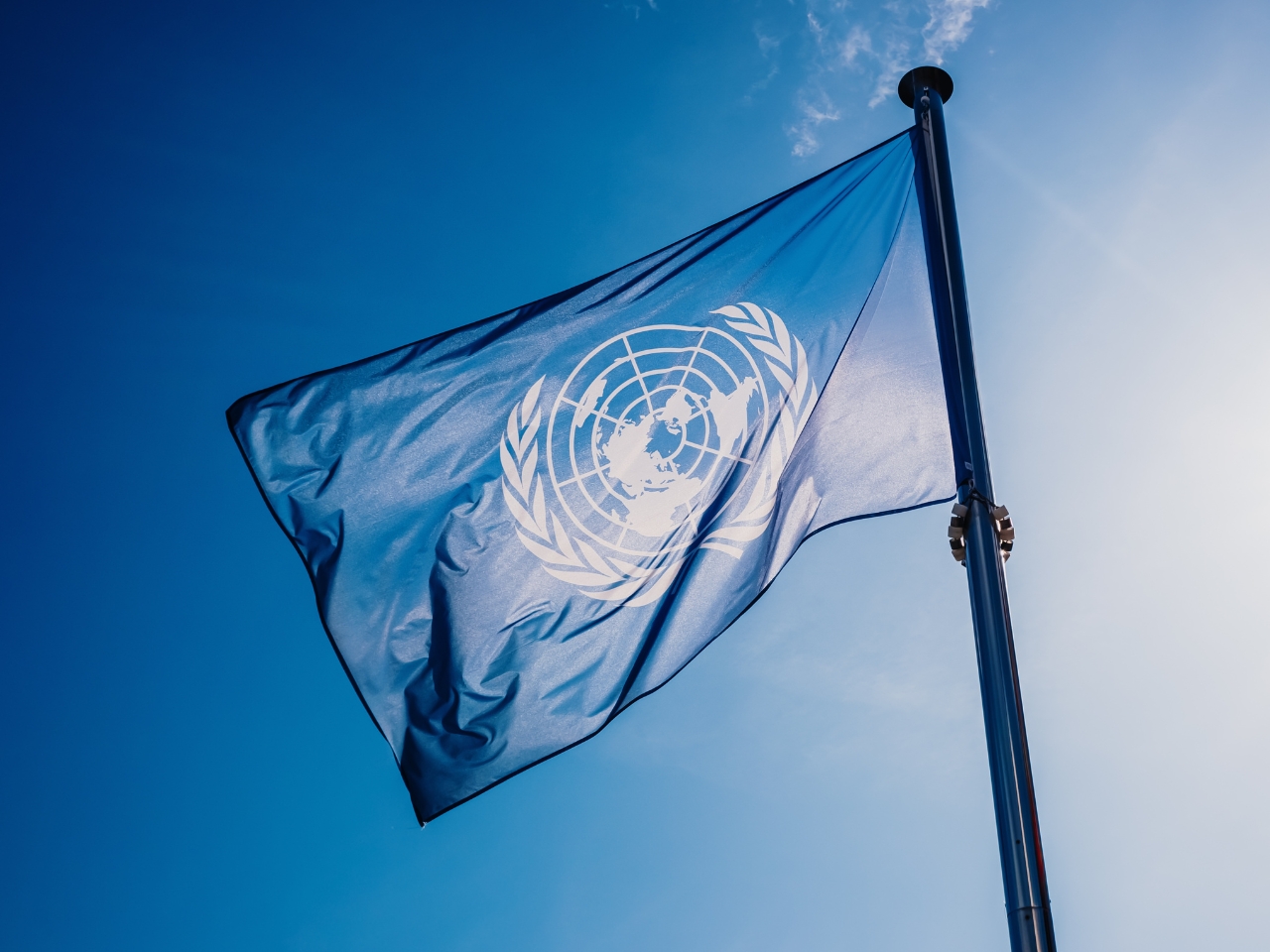
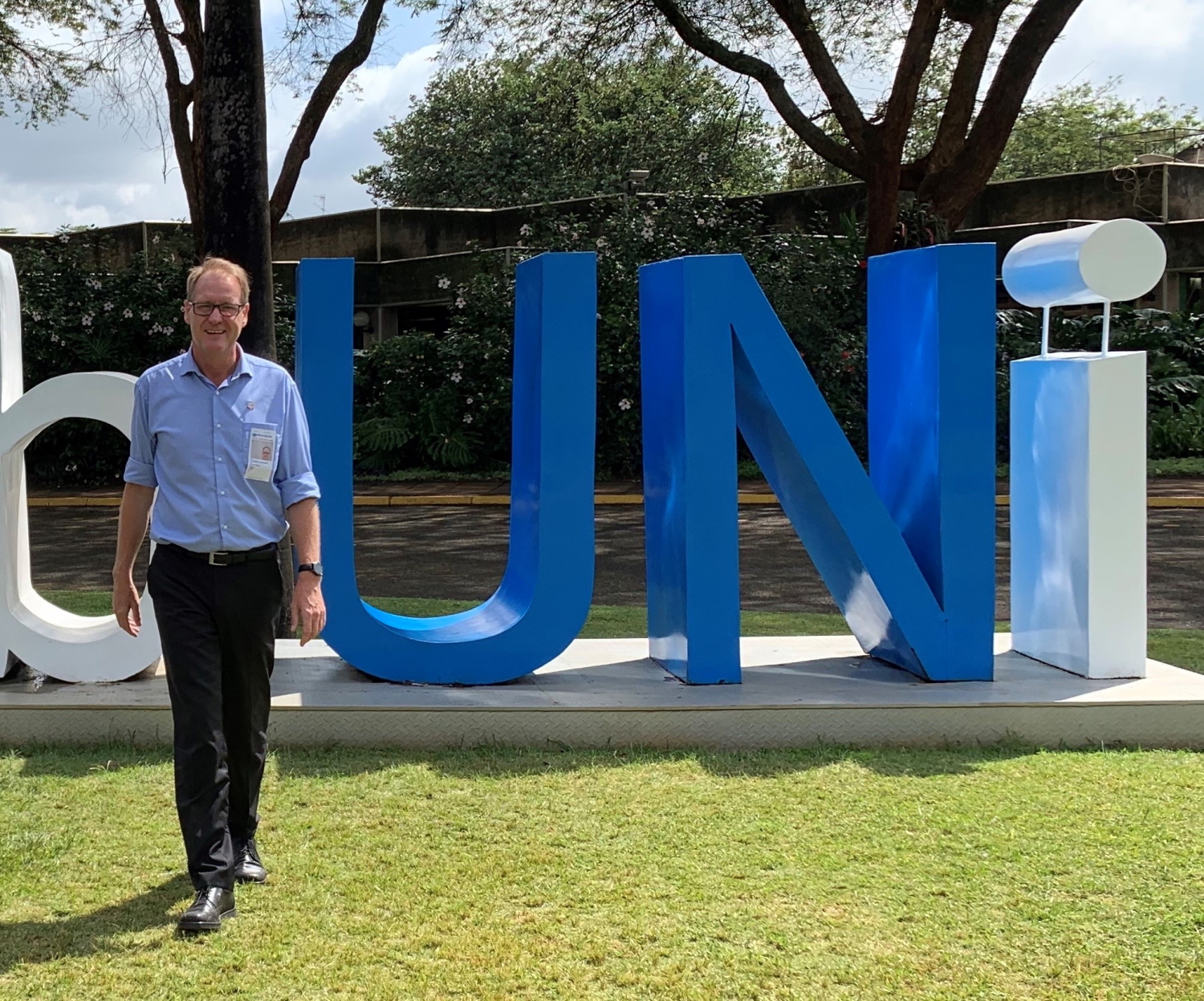
The topics discussed
Topics discussed in cluster meetings are many and depend on companies’ stages of excellence in doing business with the UN.
Topics include (but are not restricted to)
- How to access UN tendering.
- How to approach the tender process and procedural work.
- How to engage with various UN agencies.
- How to access key decision makers.
- How to comply with UN requirements, align with UN priorities and proper communication.
- How to expand organisational UN footprint.
- How to make the UN a profitable customer.
- How to become a preferred supplier.
The practicalities
Target group & eligibility
- The target group is all Nordic companies in all sectors, who do or wish to do business with the UN, primarily in relation to Africa.
- The Nordic UN Business Cluster is open to all Nordic companies.
Membership & fees
Members of AFRICA INNOVATION NETWORK ® may join the cluster free of charge.
The annual fee for non-members of AFRICA INNOVATION NETWORK ® is:
- EUR 1500 (ex. VAT).
This fee covers attendance of up to 2 company representatives per meeting.
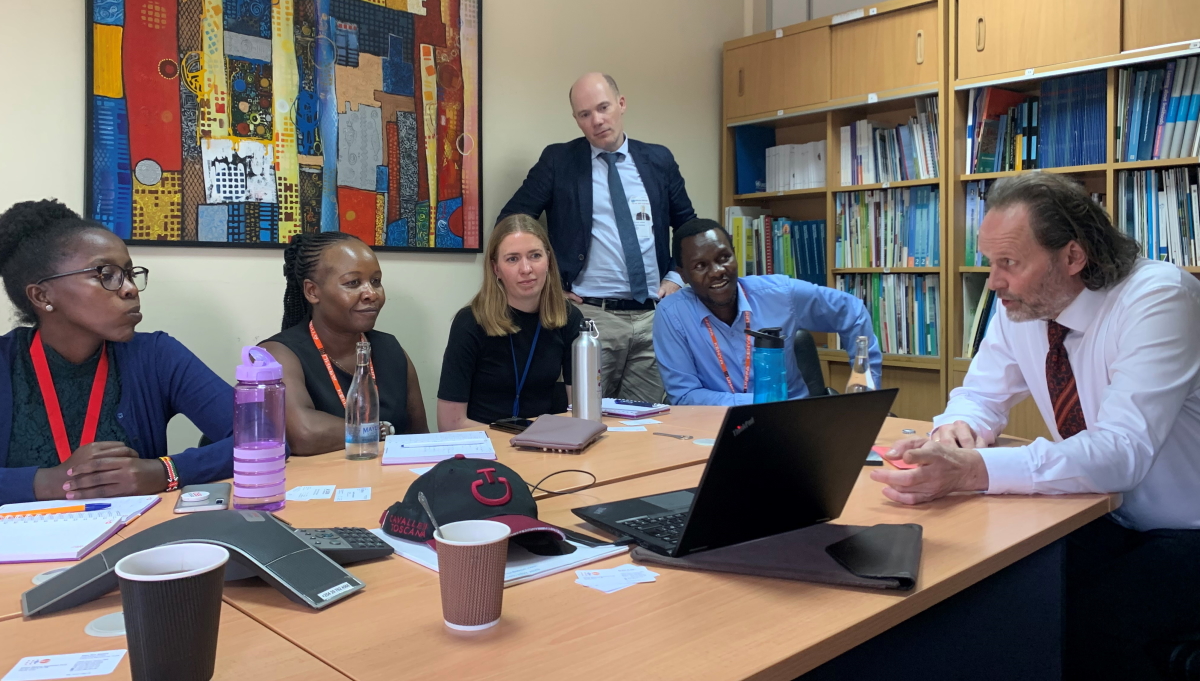
Cluster meetings and UN-related events
2024
- February 8th from 1 – 4 pm: Cluster meeting at ATEA Denmark, Copenhagen.
- April 18th, 1 pm–4 pm: Cluster meeting at the Danish company Missionpharma, Greater Copenhagen.
- September 3rd , 1 pm–4 pm: Cluster meetingat the Danish company Missionpharma, Greater Copenhagen.
- November 28th, 1 pm–4 pm: Cluster meeting at the Danish company Missionpharma, Greater Copenhagen.
2023
- December 7th from 1 – 4 pm: Cluster meeting at ATEA Denmark, Copenhagen.
- November 2nd, 1 pm–4 pm: Cluster meeting at the Danish company Missionpharma, Greater Copenhagen.
- May 10th – 12th: UN “Go to market ”Business Delegation to Kigali“, Rwanda.
- April 13th, 1 pm–4 pm: Cluster meeting at ATEA, Copenhagen.
- January 26th, 1 pm–4 pm: Cluster meeting at Eldon Biologicals, Copenhagen.
2022
- June 7th, 1 pm-4 pm: Cluster meeting in collaboration with Business Finland, Helsinki.
- September 8th, 1 pm-4 pm, Cluster meeting in collaboration with Business Finland, Helsinki.
2021
- November 10th – 12th: Nordic UN “Go to market” Business Delegation to Kenya.
- August 26th, 1 pm-4 pm: Cluster meeting at UN City, “UN procurement overview – meet UN representatives from UNDP, UNOPS, UNHCR, WFP, UNICEF”, Copenhagen.
- June 4th, 1 pm-4 pm : Cluster meeting, “How to get access to the UN procurement tendering and registration at the UN Global Market Place (UNGM)”, Copenhagen.
- May 19th, 1 pm-4 pm: Cluster meeting, “Doing business with the UN” webinar in collaboration with Innovation Norway.
Facts and figures about the UN
UN Procurement
The UN is the world’s largest purchaser of goods and services from private companies, and Copenhagen is the UN’s second largest procurement centre: The offices in New York and Copenhagen account for 70% of all UN’s procurement. The UN is a global system which needs everything from office supplies to complete hospitals and power plants.
The United Nations reported a total procurement volume of $29.6 billion in 2022 – the highest recorded procurement volume to date, up by 32% from $22.3 billion in 2020. While both spending in Asia and Latin America soared in 2020-2021, sustained increases in spending have characterised Europe and Africa.
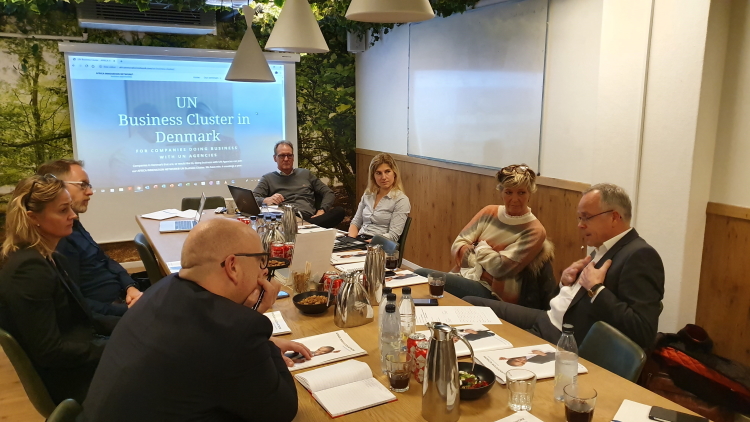
Categories
Procurement of goods and services by the UN system falls into a range of categories. Although the spending volume within categories changes from year to year following evolving demands, the key procurement sectors remain largely the same:

- Health
- Food and Farming
- Construction, Engineering and Science
- Transportation and Storage
- Administration and Operations
- Media, IT and Communications
- Finance, Insurance and Real Estate
- Utilities
- Humanitarian Aid, Peace, Security and Safety
- Travel, Accommodation and Catering Services
- Other Goods and Services
- Motor Vehicles, Industrial Machinery and Heavy Equipment
- Education, Training and Recreation
In 2022, Health remained the largest procurement sector of the UN system, totalling $7.6 worth of procurement (25.6%). $5.7 billion is dedicated to procurement of pharmaceuticals, contraceptives and vaccines, while $1.7 billion is spent on medical equipment and supplies. Food and Farming constitutes the second largest procurement sector, totalling $4.2 billion (14.3%), up by an impressive $1.3 billion from 2021, with $3.7 billion spent on food and beverage products. Construction, Engineering and Science constitutes the third largest sector, accounting for $3.5 billion (11.9%) of procurement. Additionally, in 2022, the UN spent $2.5 billion on Management and Admin Services, rendering this the fourth most significant procurement post within the UN system.
Suppliers
While the UN system procured goods and services from 222 countries and territories in 2022, Europe remains the largest region of procurement. Denmark is the 4th largest UN supplier country, by procurement value, with 681 suppliers delivering $1.3 billion worth of goods and services to 30 UN organisations in 2022.
The Africa region represented $5.25 billion, a total share of 17.7% of UN procurement.
Buyers
In 2022, the top 10 UN agencies, in terms of procurement volume, were:
- UNICEF: $7.4 billion (25%)
- WFP: $6 billion (20.3%)
- UN Secretariat: $3.1 billion (10.5%)
- UNDP: $2.8 billion (9.5%)
- UNOPS: $1.8 billion (6.1%)
- WHO: $1.6 billion (5.4%)
- UNHCR: $1.4 billion (4.7%)
- PAHO: $1.3 billion (4.4%)
- IOM: $1.2 billion (4.1%)
- FAO: $719.9 million (2.4%)
Together, these 10 of 31 UN organisations account for 92.3% of procurement, with UNICEF, WFP and UNDP alone accounting for 54.7% of all UN procurement.
Sustainable business opportunities
Nordic companies can benefit from acquainting themselves better with the many exciting business opportunities that the UN market has to offer. The world is facing numerous global challenges, from eradicating poverty and combatting inequalities to fighting climate change and addressing the issues arising from global geopolitical instability. The UN system is involved in meeting these challenges – across the world and the African continent. Accordingly, sustainability is a key parameter in the UN procurement process, with weight given to all three pillars of sustainability (environmental, social, economic).
In 2022, the UN commenced reporting on the actions of UN organisations to integrate sustainability considerations in the procurement processes. By then 22 out of 29 reporting organizations incorporated all 3 dimensions of sustainability considerations in procurement. 90% of UN organisations including or planning to include sustainability criteria in requirements definitions is at 90 per cent. Currently, investments are made in enhancing internal capabilities for sustainable procurement in the UN system, and key areas of focus are the implementation of formal sustainable procurement policies in the procurement processes and the integration of sustainability criteria into requirements definitions.
Nordic companies are uniquely positioned to supply goods and services which fit the priorities and meet the criteria of the UN procurement system. Nordic companies have expertise, knowledge and resources, which are and will be essential in creating global solutions and contributing to sustainable development in line with the 17 UN Sustainable Development Goals.
Facts and figures are retrieved from the latest Annual Statistical Report on UN Procurement
How to join the cluster
Please do not hesitate to reach out if you would like to join our Nordic UN Business Cluster at: fls@nordic-african.com.
If you are interested in joining a local Nordic UN Business Cluster in your country, feel free to contact us and present your idea/wish. We are always looking to set up additional Nordic Business Clusters for peers to meet and exchange about their business interests in Africa.
Statements from the members

“Danish companies have an excellent track record in terms of doing business with the UN – and other humanitarian organizations. As a consequence there is a significant knowledge pool to work with. The UN Business Cluster presents a unique opportunity for knowledge sharing and further improving our trade position”.
Mr. Torben Holm Larsen, Technical Director, Real Relief
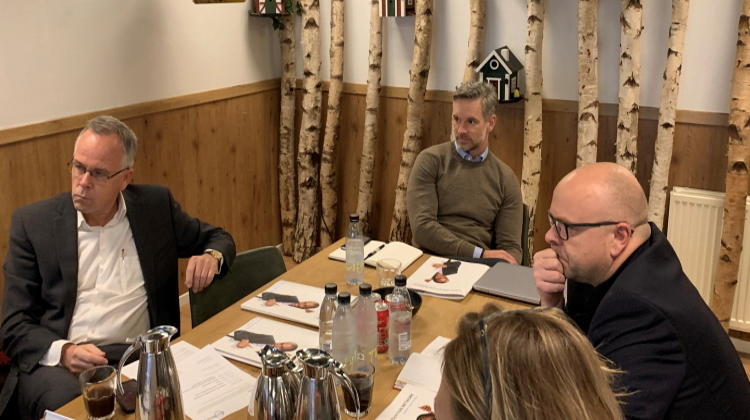
“With its healthy mix of industries, the UN cluster creates a community that is fueled by its common goal. A place where synergies and knowledge sharing can be put into action for the good of Nordic businesses”.
Mr. Johan Dalheim, Regional IV Manager Aid & Relief Europe, DSV/Panalpina

“AP services A/S supports several UN & EU organizations around the globe. Even so, we are always looking for new and interesting ways to cooperate between companies and with new organizations. AP services A/S strongly believe in building new and strong relations which will effort our clients in the end. The UN Business Cluster gives us exactly these opportunities and therefor it is worthwhile investing time and effort in“.
Mr. Allan Pedersen, Founder, AP Services A/S

